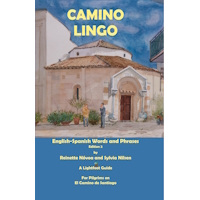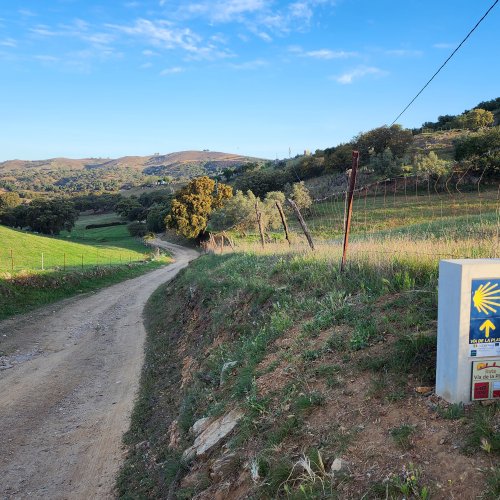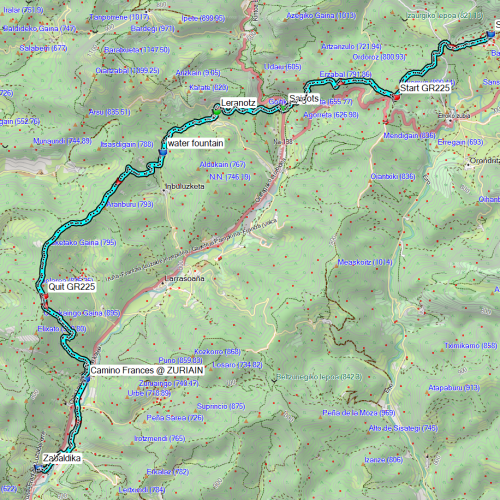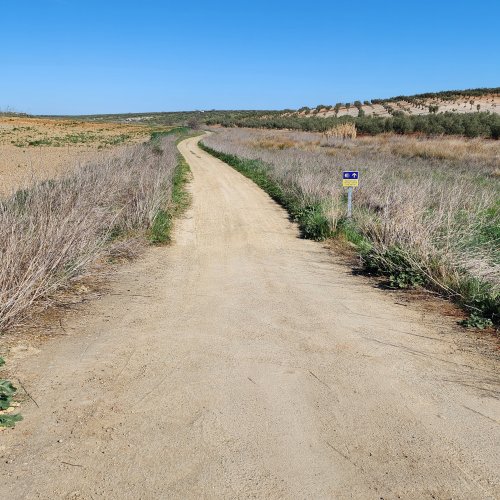MarkyD
Active Member
- Time of past OR future Camino
- Camino Francés 31/08/2018 - 20/10/2018
This official documentary, see link below, may be of interest to pilgrims who have walked through this wonderful part of Spain. Those of you walking on the Camino Francés would have first entered El Bierzo at El Acebo, on the way down to Molinaseca with the beautiful stone Roman bridge over the river Río Muruelo. Some of you may have had a rest day in Ponferrada to explore the Castle Templario. Others may have enjoyed a stay in the beautiful town of Villafranca-del-Bierzo or Cacabelos and sampled the Mencia wine in all its glory or bathed in their beautiful, sparkling clean rivers.
Enjoy the video.
Enjoy the video.











